Mostly, I think about how his body was misshapen. It was slumped over the gate in an unnatural, crooked position. Charlie had helped our father construct the fence earlier in the spring. It was a cheap, lightweight wiring used to mark out the edges of the field, not suited to take the full weight of a grown man’s body, so the netting pressed in against the stomach, tangling around the waist. The distorted shape of him made me cringe, and I considered asking Charlie if we should move him to a more comfortable position.
Charlie had been standing beside me. It was hard to see his expression in the dark, but he was rubbing his palms up and down the sides of his jeans, and I could hear his breath moving in short, continual bursts.
“Mae, stand back, alright,” he said suddenly, with his usual grit of authority, although his voice came out labored and strange.
He moved towards the gate to get a better look, his left hand clutching the air in search of something lost in the dark. He craned his neck as if studying the figure and then his body jerked forward and he retched, large, violent sounds escaping his chest.
“Is he alright?” I asked, dumbly. I wasn’t long past my eleventh birthday, but I knew enough to know that those in reasonable levels of health didn’t contort themselves in such perverted positions. Even so, it was in moments of uncertainty that I fell back on Charlie’s council. My brother and I shifted between three- and four-years’ difference depending on the summer and winter months, although he always felt an unreachable age above me. He was a mass of knowledge that I was continuously foraging, our relationship built upon an unending string of questions that I could pull, like the boundless slack of a sail.
But he wouldn’t answer me then. He was still panting from nausea, like a dog in heat. The absence within him filled my belly, plunging me down into a borderless uncertainty. When there was no more room for silence, he instructed me to collect the wheelbarrow and supplies from the shed down by the cattle grid. I ran back towards the house, my boots slipping against the wet grass. It had been raining hard that morning, and the night had a heavy dankness about it, the air plump with its lingering residue. The door to the shed was swung back on its hinges, and as I entered my eyes avoided the unlatched cabinet that our father had fastened to the thick planks of the wall.
I had been standing on the stairs when it happened, halfway between the lingering light of the hallway and the marshy refuge of our beds. It was Benny who alerted us. He was old, his movements sluggish, and you could see his joints rotating, pushing against the thin layer of his skin as he prowled. But his ears were still expertly tuned, and he tore at the door, howling until Charlie had put on our father’s coat and gone out in search of the visitor.
When I returned to the gate, Charlie was rooting through the man’s wallet, flicking between his cards restlessly.
“You can’t do that,” I said, slightly harried from pushing the wheelbarrow back up the even ground.
“We need to know who he is. He’s a trespasser. We’re in our rights.”
Charlie’s eyes refused to meet mine, and he shoved the wallet deep inside his coat pockets, signaling towards the thick pigskin gloves resting in the wheelbarrow.
“Here, pass those.”
We each put on a pair, the fastener wrapping twice around my wrists so that it pinched the soft belly of my skin. My fingers didn’t reach the tips of the gloved hands, and I remember how they bent over as though broken at the ends.
Charlie pulled at one of the arms caught in the wire, hooking it around his neck, his breath a raspy, gravelly tune. I edged forward to help, but the sight of the man stopped me. The head of the visitor had been cracked open; a chunk taken out of the left side to reveal a large sunken space that seemed to swell inwards like a vacuum. The hole caused a tear in my mind, and for months after the incident I would envision people with large lumps of their head missing. I’d sit at breakfast and stare at my father as he ate his cornflakes, and I’d imagine dark, clotted blood seeping out of a hole in his skull. It was a fossil of memory that I preserved, an intimate discovery, like opening a door to another reality and then pretending it had never been opened.
“Come, Mae.”
Charlie was straining under the pressure, and I ducked myself under the dragging arm, pushing my weight upwards so the mass of man was resting on my back. We began to haul him off the wire, my knees buckling as he rose, my shoulders crippling under the weight of his being. The wiring was stuck to the fabric of his shirt, and it tore as we pulled. A messy, ugly procedure.
This post is brought to you by our Patrons
We’re only able to keep doing what we do because of the amazing support from our community. Our wonderful Patrons are:
Ola Ismael | Steve Thompson | Joe Butler
Zac Copeland-Greene | Randy Workman
Jake McAuliffe | David Brown
Ryan Walraven | Kevin Bonfield
If you like what we do, and if you’re able to, we’d love for you to consider becoming a Patron and supporting us. By donating simply £1 a month, you’ll be playing a vital role in our future. All money goes directly towards paying our running costs, and allows us to keep offering additional opportunities to new and emerging writers, as well as free feedback for pieces we choose not to accept, industry opportunities for volunteers, podcasts, editorial services, and much more.
Charlie held most of him, and in the final thrust the body tipped back into the barrow, flopping down like a scarecrow so we could see the full stretch of his face. His mouth was slack, jaw twisted to the side, his eyes startled. He had a haunted look of horror etched into him.
“Should we call Dad?” I whispered, hissing my words into the cold. I’d forgotten the chill amongst the evening’s events, but I could see the frost in my breath leaving my body, shaping into thick clouds. Charlie’s eyes were fixed on the man’s gaunt expression. His own was a look of sickly dread. It was a look that marked him, creating permanent crevices that indented his skin. I wondered if he too had noticed how no fleeting mist was escaping the man’s throat.
“Charlie,” I hissed again.
“You go back inside now,” Charlie said, his eyes unmoving. “I’ll be in soon.”
I stood a while longer, the damp soaking through the soles of my boots and muddying my socks. The rifle was still laying by Charlie’s feet. I could smell it, rotting into the ground, the earth scorched with the stench of it. I knew, even in the muggy confusion of the night, that the man’s company was for Charlie alone, and so finally I turned and walked steadily back towards the house.
The kitchen was dark, and there was a deafening stillness inside. The air felt violated, as if the stove had been left on to suffocate us in our sleep. I went straight upstairs, pulling off my warm, tacky socks and shoving them into the emptiness under my bed. I didn’t dare shut my eyes for fear of seeing the gawking face staring back at me. Instead, I focused my energy on making my body disappear. But no matter how shallow I made my breath, I could still feel the pulse of my neck throbbing with blood, protected only by a soft sponge of skin.
Charlie didn’t return until the early hours. It was January then and the mornings were still dark, dragging the night into the day and filling our eyes with sleep. I had lain awake waiting for the soothing sound of feet on the stairs, but when they finally came, they were heavy. Alien beats that drummed against the uneven wood and bled into the walls until the house seemed to pulsate with a croaking throb.
When it was time for breakfast, I waited for the arrival of my brother, eager for him to swing his young, able body into the chair beside me and rest his palm against my forehead, playfully pushing at the roots of my hair. But he never arrived. It was the outsider who took his place, his bulking feet smacking against the slabbed flagstone floor. A slovenly brute of a man who sat in my brother’s seat and took the bowl set for my brother, sucking at the milk with decaying, aged teeth. His face was sunken, as it had been the night before, blood crusting around the edges of his wound, scabbing over the hole that christened his head.
“Hello,” I said, out of politeness and a nauseating fear of the ghost beside me. He nodded, his eyes full of recognition, and an aching grunt leaking from his chest. We ate our breakfast in silence, both crippled by the strangeness of the night.
My father returned that evening. He had been gone for weeks, and his presence felt a timely cue. There was a nervous hum about his entrance, although we already knew he would never ask. He made rumblings about the gate’s wear, pulling at the strained wiring with his fingers, but the man had mostly mended it, straightening the cords so they appeared weathered but durable against outside intruders.
Father spoke to the sunken man as if he were his son, taking him out to the barn to feed the cattle, and allowing him to ride beside him in the tractor as Charlie had done. The man almost became a comfort, and as I grew, I began to think of Charlie less, my memory obscuring the shape of him.
There is still a dearth in the ground where the rifle lay. And, though I never visit, my brother’s body is rotting somewhere buried deep within that field, where he had dug through the night until he couldn’t pull the earth from itself any longer and he had lain down, drowsy with sleep. His small, fragile body clinging to the chalky soil, as it wrapped around him and whispered to him forgiveness, and welcomed him with peace.
About The Author
Eleanor Johnson is an emerging writer and poet based in London. She studied English
Literature at Exeter University, where she received a first-class BA honours degree. She
currently works at a talent and literary agency.
Bandit Fiction is an entirely not-for-profit organisation ran by passionate volunteers. We do our best to keep costs low, but we rely on the support of our readers and followers to be able to do what we do. The best way to support us is by purchasing one of our back issues. All issues are ‘pay what you want’, and all money goes directly towards paying operational costs.



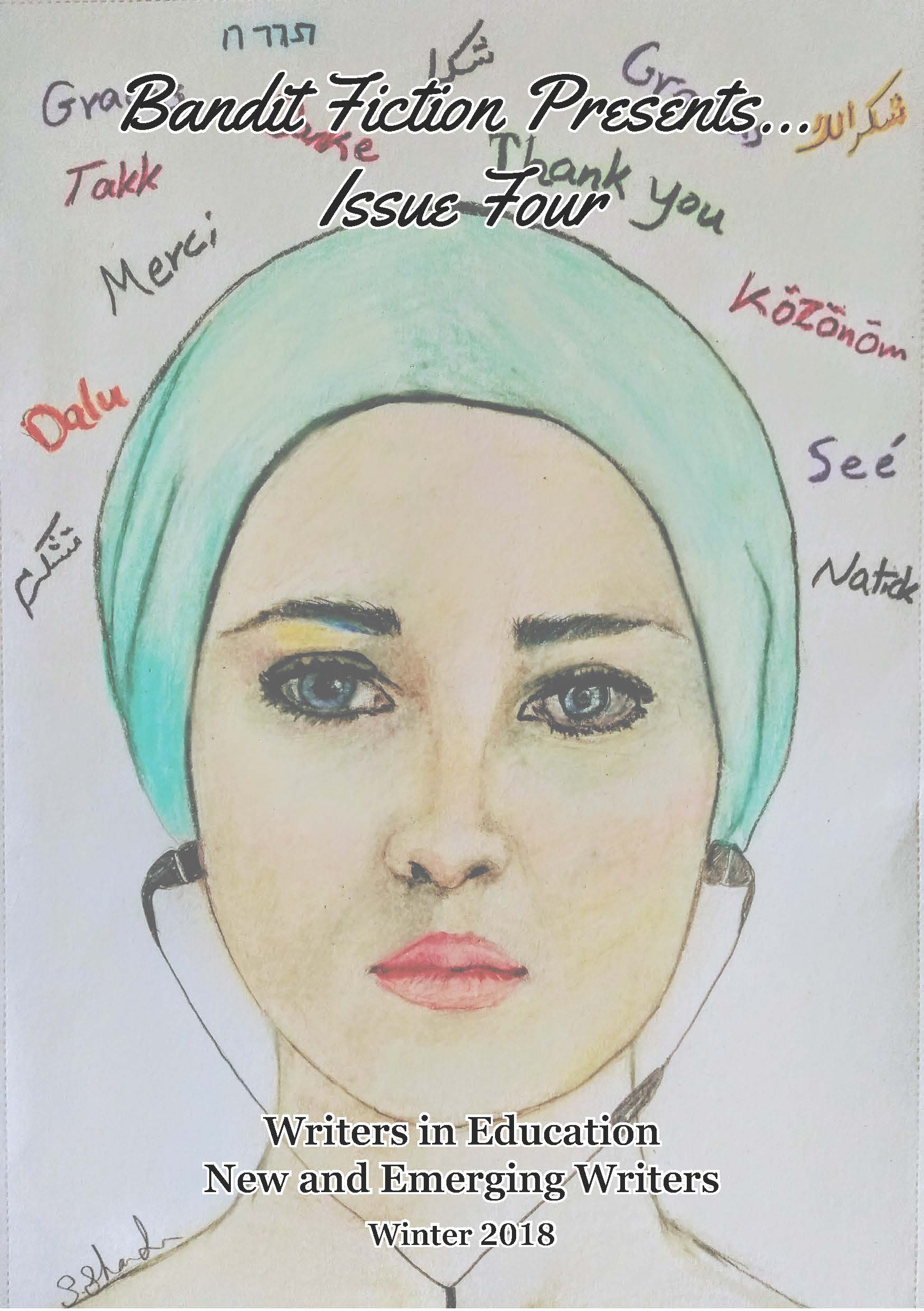

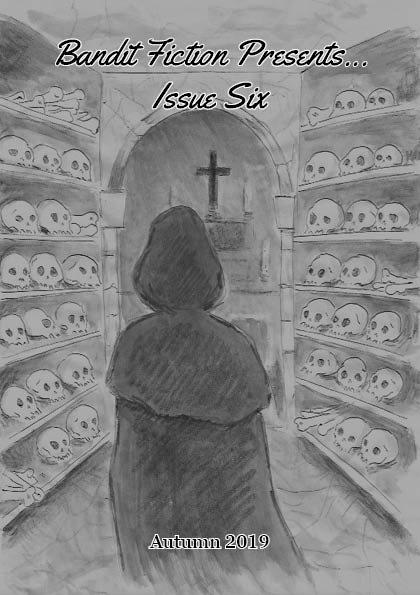
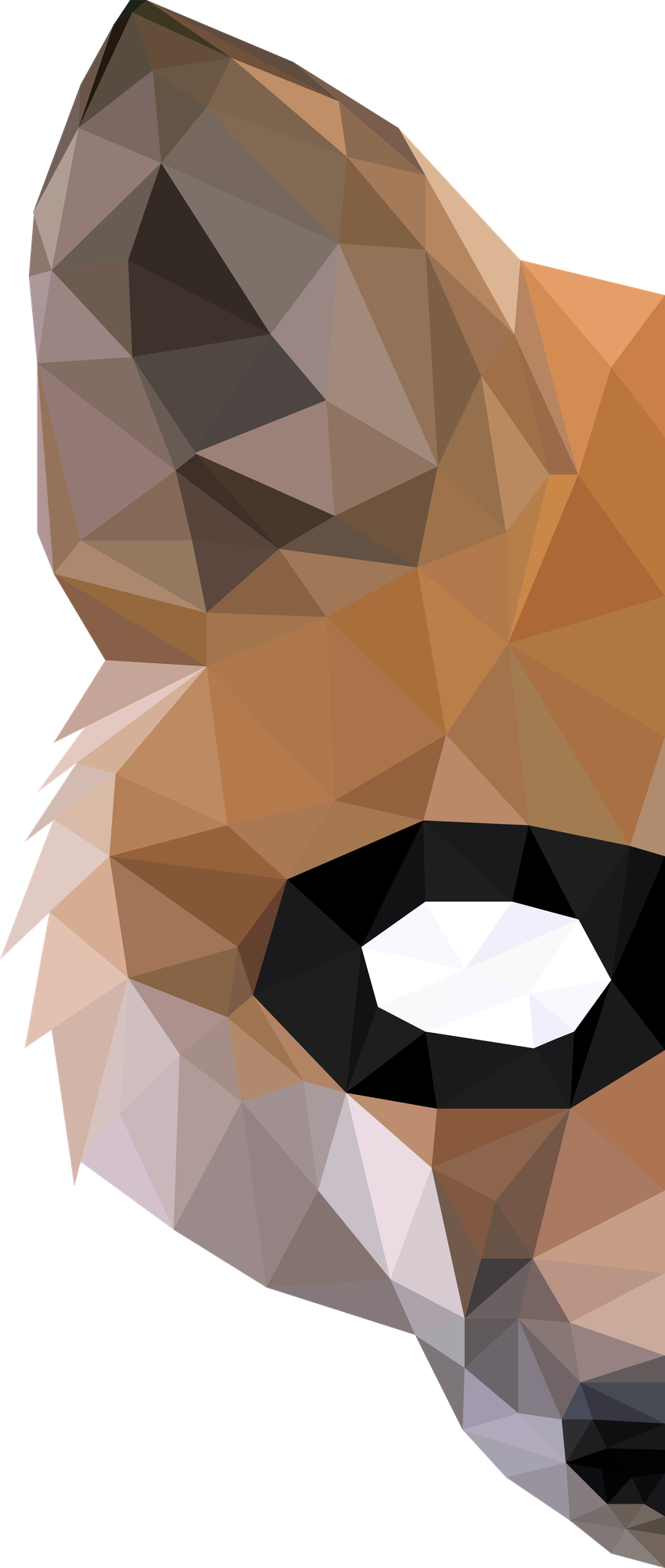
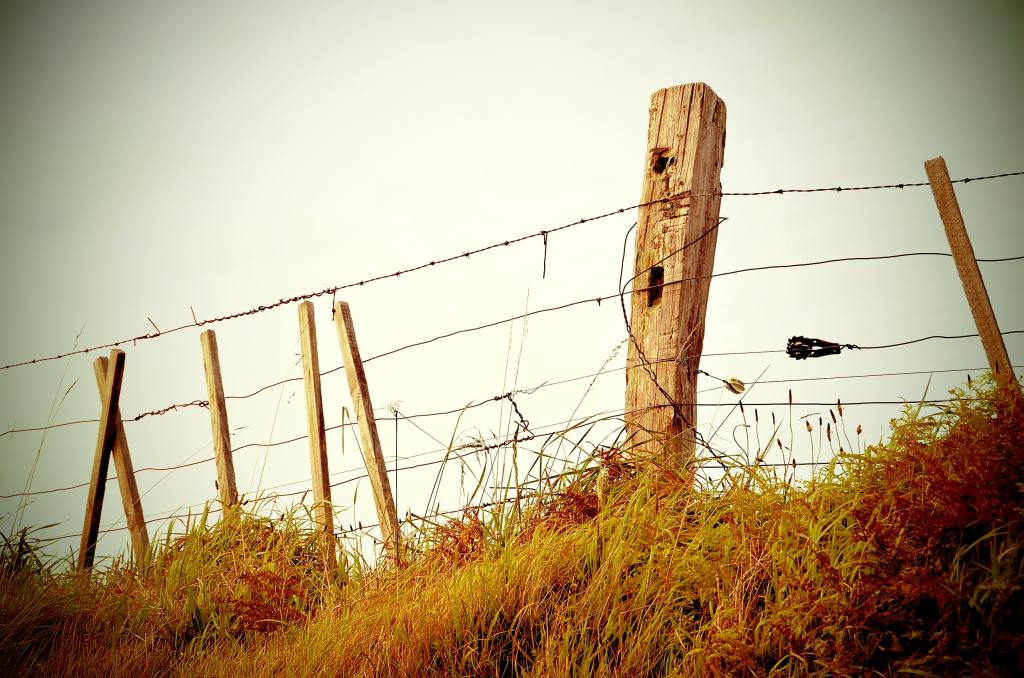

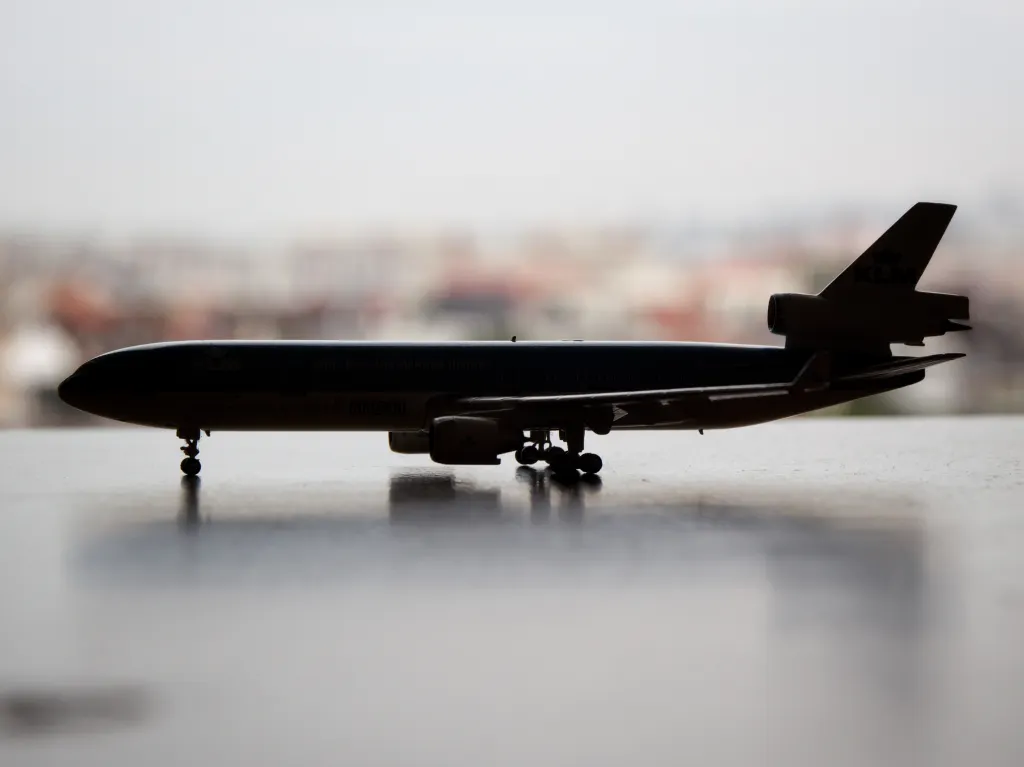





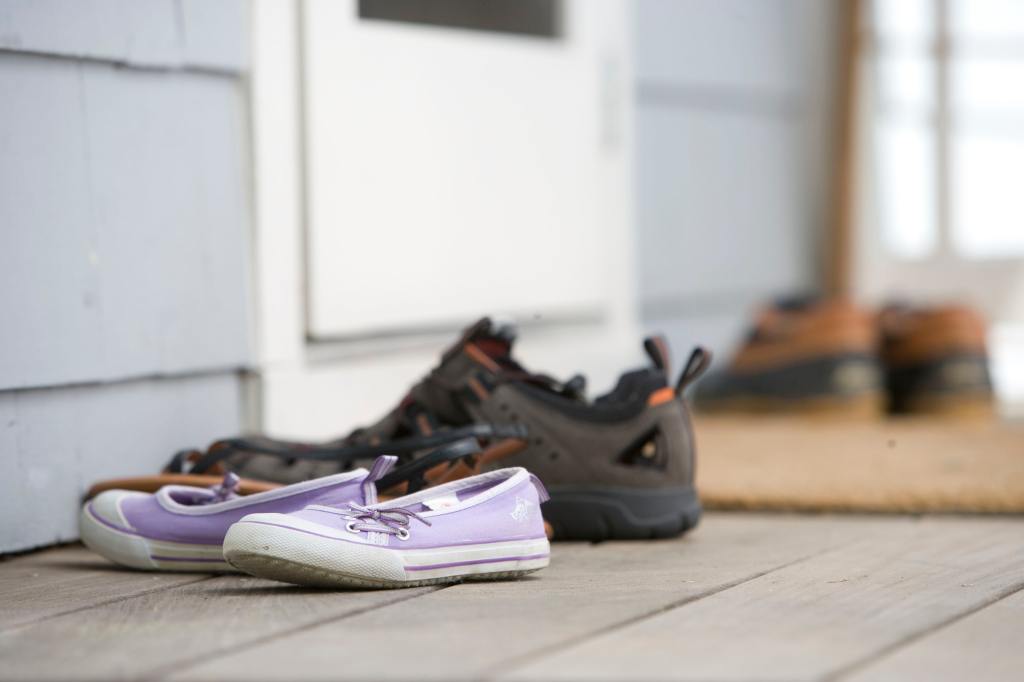

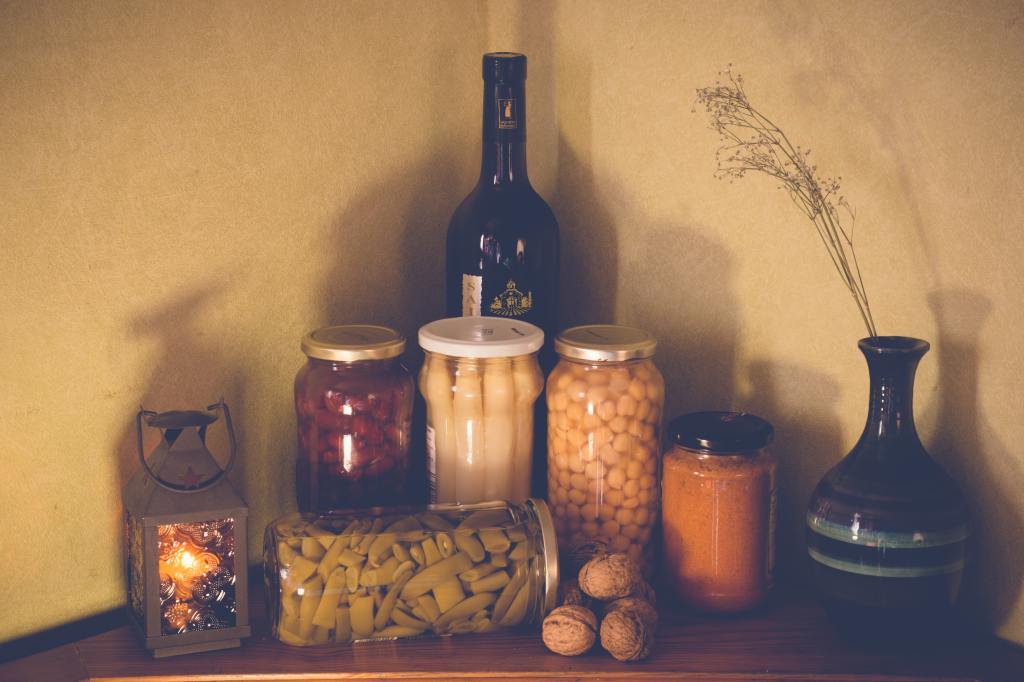


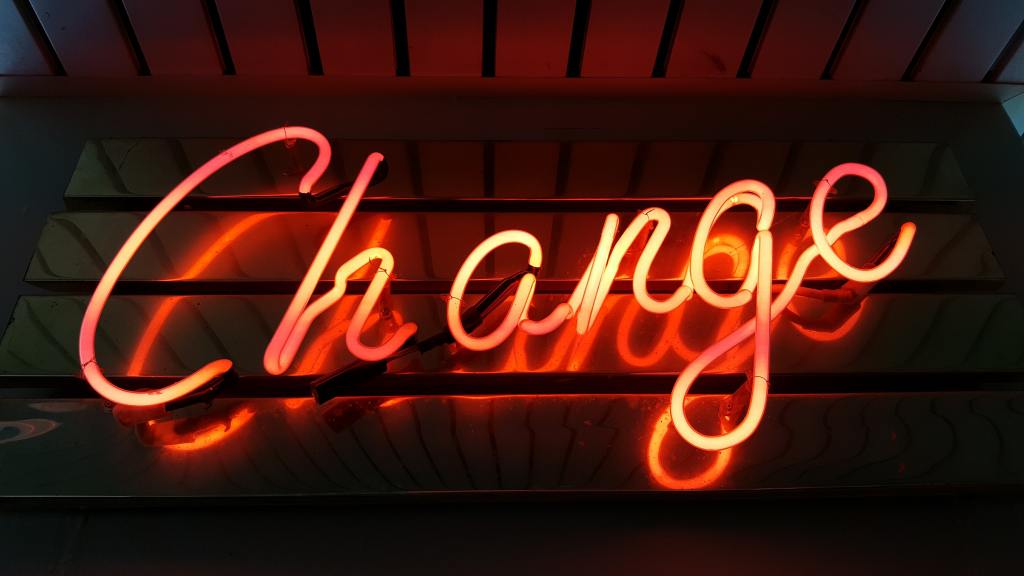
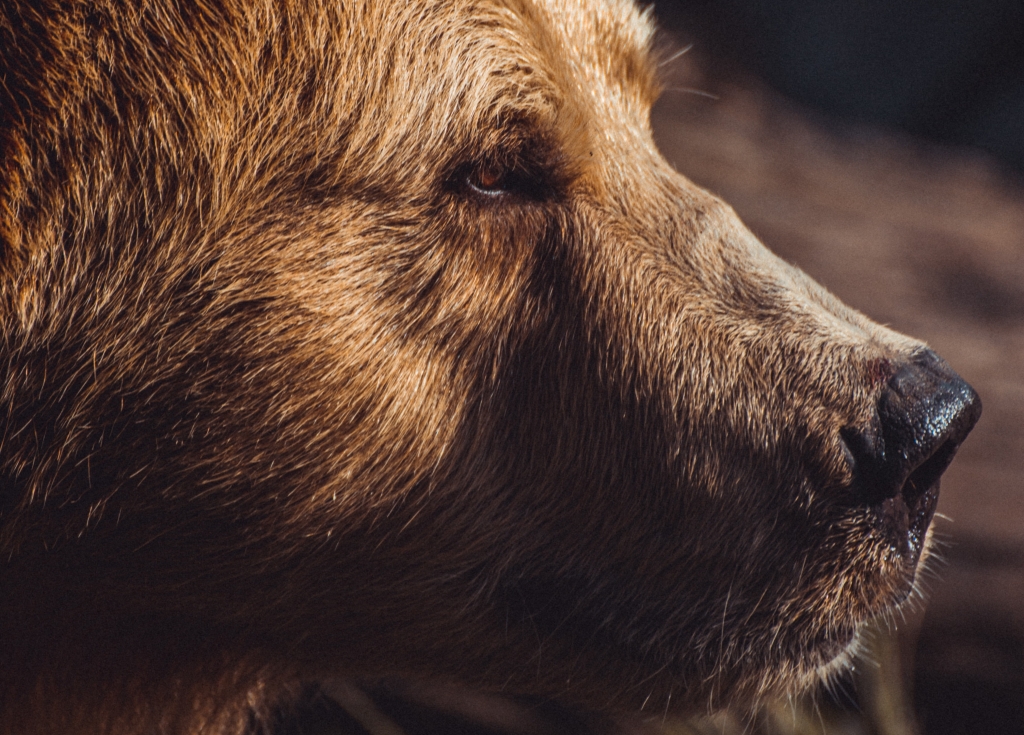
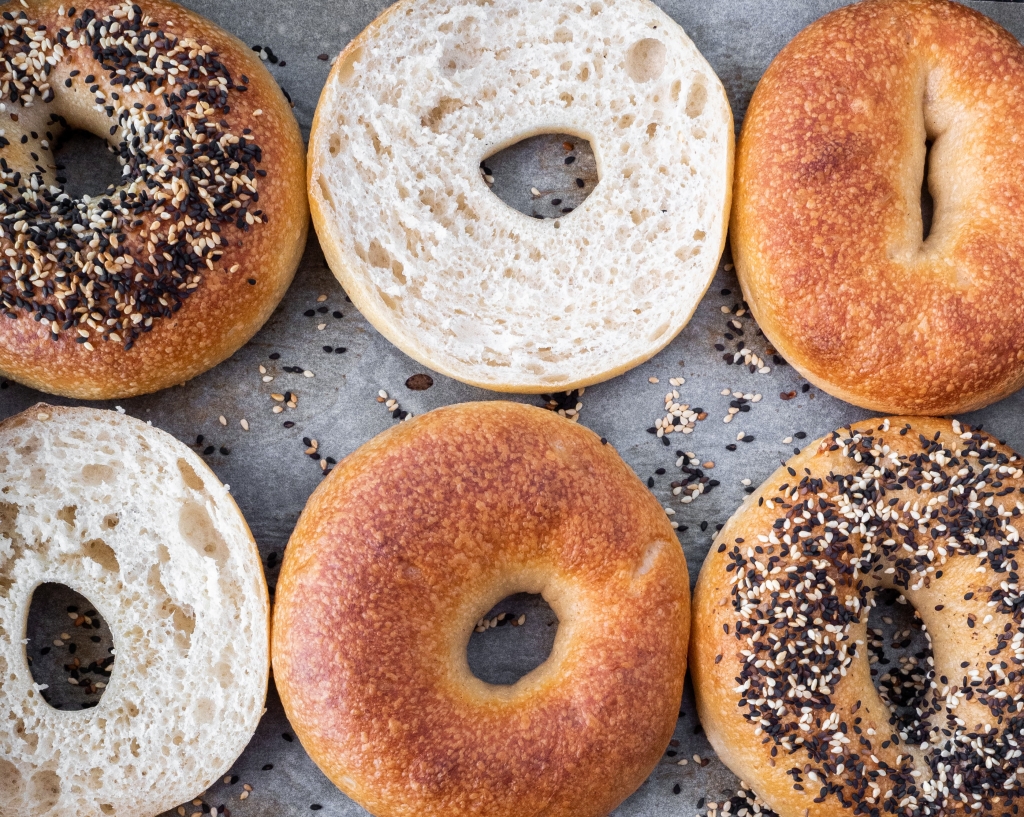
Leave a Reply